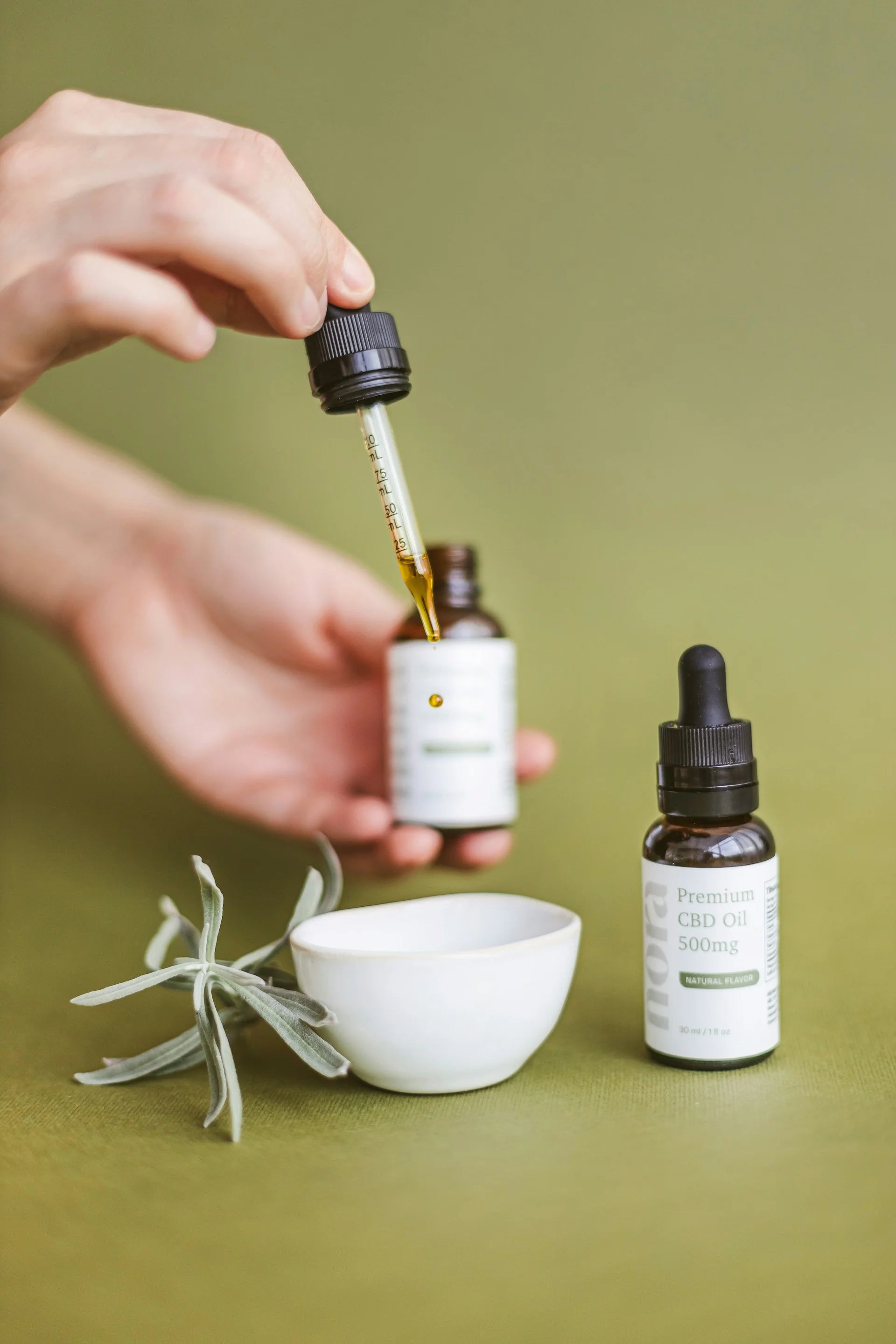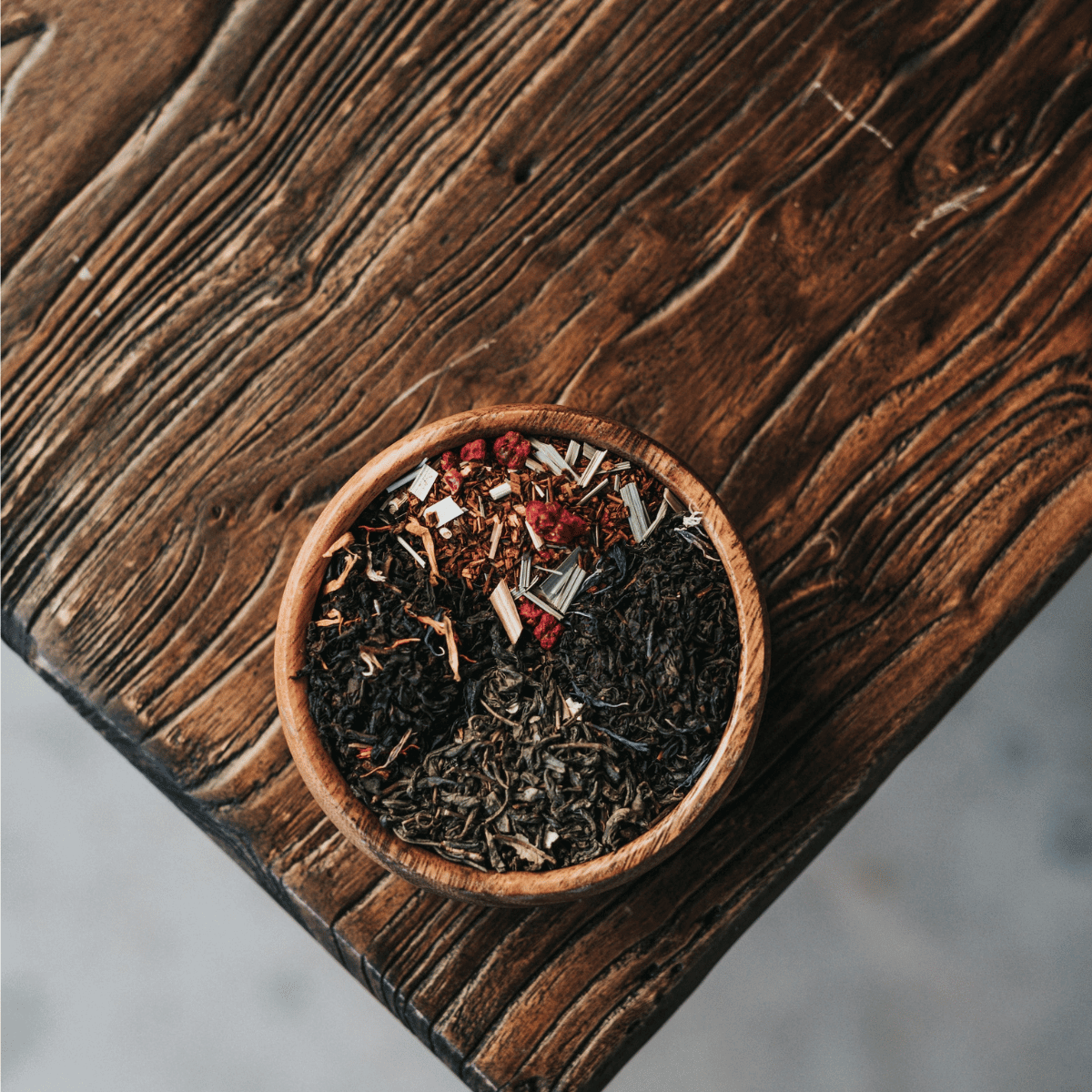What Is thyme and where does it come from?
Thyme or Thymus vulgaris is an aromatic perennial herb of the mint family like Spearmint and Lamiaceae, known for the flavour of its dried leaves and pink flowering tops. It is native to Eurasia, hybridizes easily, and over 350 species of thyme are cultivated worldwide. Like peppermint, thyme is known to effectively neutralize dangerous airborne bacteria and microbes.
Different Types of Thyme
Over 350 or more Thyme varieties are known. Some of the types of Thyme are listed here:
- Common Thyme: a prostrate form with yellow and varicolored leafage, used in cooking. For example, spices commonly used for cooking are oregano, rosemary, and turmeric.
- Lemon thyme: an upright form with available golden and varicolored silver leafage and a strong lemon fragrance.
- Woolly Thyme: a horizontal form with adolescent stems and grey leaves, good for rock gardens.
- Creeping Thyme: a mat-forming and grows only 2-3 inches tall with white and crimson flowering cultivars, sometimes called mother-of-thyme.
- Wild Thyme: a horizontal and upright form, red or purple flowers, with green, gold, or varicolored like Verbascum (mullein), or valerian.

Photo by RODNAE Productions from Pexels
Thyme is an herb with a specific smell, and its flowers, leaves, and oil are commonly used to flavour foods. It is also used as medicine due to its antibacterial and antimicrobial properties.
Thyme contains chemicals that relieve coughing, help bacterial infections, and have antioxidant effects due to carvacrol.
Smoking Thyme
Traditional Use Of Smoking Thyme

Photo by Eva Elijas from Pexels
Fresh Thyme leaves are edible, mostly used for making teas and cooking purposes like chamomile tea. Thyme works very well as an antiseptic used in food preservation. Thyme is used to prevent and treat diseases such as diarrhea, stomach ache, colic, sore throat, whooping cough, and arthritis for medicinal purposes. It is often used as a diuretic. Thyme is rich in plant phenols such as thymol, a powerful cough suppressant.
Some studies suggest that thyme essential oil is a powerful antimicrobial used to remedy sore throats effectively. Thyme contains antiseptic compounds like caryophyllene, camphene, and thymol. They protect wounds against infections and speed up healing. With its antispasmodic qualities, Thyme helps relax veins and arteries, lowers blood pressure, and eases the stress on the heart. Thyme acts as a diuretic without disturbing the electrolyte balance. Consuming thyme herb can promote feelings of relaxation and well-being.
Typical Use Of Smoking Thyme
Drinking Thyme herbal tea up to 3 timers per day could improve the digestive system and mood boost. Thyme essential oil can be added to massage oil or 6-8 drops per bath.
Can Thyme Be Smoked And Help You Quit Smoking Tobacco?
Thyme smokable herbs are better suited to smoking than others, and it is an excellent solution for many smokers struggling to consume less tobacco, like smoking sage (Officinalis), smoking mugwort or smoking damiana.
There are commonly two popular ways to smoke thyme to get the smoke into your system.
- Use rolling papers:
Choose natural papers to smoke thyme.
- Use pipes:
Natural pipes are the most common ways to smoke herbs; choose the old corn cob pipes to the new stainless steel pipes or use a vaporizer to smoke thyme herbs.
However, we do need to reiterate our disclaimer for the billionth time and really drive home the point that smoking herbs of any kind carry inherent health risks, such as long-term lung damage. So if you must absolutely smoke herb leaves, or even smoke flower petals, always do your research and do so in moderation.
Is It Safe To Smoke?
When you fill 100% thyme into the pipe and smoke it, you will get a cool feeling and flavour like mint with a small leaf sound when it burns, adding interest to your blend.
It may help cure respiratory diseases like the flu or whooping cough like an expectorant, protect from parasites, and improve digestive health. But, like we already said, smoking anything is bad for your health as you let smoke enter your lungs. Always consult a health professional before smoking anything.
Are There Any Health Benefits Of Smoking Thyme?
Thyme presents many health benefits itself, as you can read below. However, no peer-reviewed study has yet been able to confirm that smoking thyme can provide health benefits to the body or mind.
- Helps Improve Eyesight
Thyme is rich in Vitamin A and is an antioxidant, maintaining a healthy mucus membrane and helping promote better vision.
- Thyme Cures Coughs, Colds, And Sore Throat
Thyme herb is sometimes ingested in tinctures and has antibiotic and antiseptic properties, making it a great remedy for colds and coughs and used in bronchitis treatment.
- Thyme Cures Acne And Scars Problems
Thyme with lemon balm has excellent antibacterial properties to fight off acne-causing bacteria and helps maintain skin health by eliminating the skin problems-causing bacteria.
- Thyme Promotes Hair Growth
Thyme helps with hair growth due to its antibacterial properties by improving blood circulation to the scalp, helping encourage hair growth, preventing hair fall and thinning hair, and effectively treating dandruff.
- Thyme Treats Respiratory Disorders
The antiseptic and antibiotic properties of the thyme plant make it an effective remedy for respiratory conditions like coughs, sore throat, bronchitis, and cold.
- Thyme Keeps Your Bones Healthy
Thyme is an amazing source of Vitamin K and iron, manganese, and calcium, promoting proper bone growth and development, reducing the risk of bone disorders, and preventing bone diseases.
- Thyme Prevents Cardiovascular Disease
Thyme's anti-inflammatory properties help prevent chronic inflammation of cardiovascular diseases, enable the cardiac valve's proper functioning, relax the veins and arteries, reduce blood pressure, and strengthen the heart.
- Thyme Helps In Controlling Blood Pressure
Thyme leaves are rich in potassium. Taking two Thyme sprigs can help control heart rate and blood pressure in hypertension situations.
- Thyme Treats Muscle Cramps
The anti-inflammatory properties of Thyme are very effective in treating menstrual cramps and other forms of cramps in the body.
- Thyme Has Excellent Antibacterial Properties
Thyme has antibacterial properties, is used to fight infections and diseases caused by bacteria and fungi, and kills off bacteria both inside and outside the body.
- Thyme Herb For Anemia
Thyme is a good source of iron, so Thyme in your daily diet can help prevent anemia.
What Is The Difference Between Thyme And Cannabis?
Cannabis comes from the cannabis plant and contains the active ingredient delta-9 TetraHydroCannabinol, affecting brain function. It has dried flowers and leaves, then smoked or eaten for the psychoactive effects of THC to change the mood.

Thyme is an evergreen herb with small leaves that grow on clusters of thin stems, used to season all dishes either by itself or as part of a blend of other common herbs like sage, rosemary, and marjoram.
Photo by RODNAE Productions from Pexels
Can You Smoke Thyme With Other Dried Herbs Or Herbal Blends?
Thyme is sometimes blended with other herbs like rosemary, sage, and marjoram for herbal smoking purposes and is the best option for those trying to treat any disease.
Thyme herbal smoking blends come in three parts:
- Base herbs
- Herbs with a specific supportive role. Some popular examples of supportive herbs are:
Passionflower, Mugwort, Skullcap, Catnip, Chamomile, Coltsfoot, Arctostaphylos uva-ursi, and Marshmallow
-
Flavoring herbs. Some examples of flavoring herbs are:
Peppermint, Spearmint, and Sage.
The smoke of dried herbal blends has a specific taste and texture, and it boosts your mood.
What Are The Side Effects Of Thyme Or the Risks Of Smoking Thyme On Your Mind And Body?
Excessive smoking of Thyme can have some side effects on your mind and body. Thyme can cause headaches, hypotension, and muscle weakness and can lead to skin allergies. It can cause possible issues during pregnancy, decrease the effects of estrogen, and may cause asthma. Moreover, oral thyme might irritate inflammation associated with urinary tract infections and cause gastrointestinal issues like diarrhea, nausea, vomiting, and irritation. It can decrease the thyroid-stimulating hormone (TSH) levels, harming the health of the endocrine system. Always consult a doctor before smoking thyme or any other herb.
Precautions To Take Smoking Thyme
Please follow these precautions to take smoking thyme to avoid any inconvenience.
- Thyme is not recommended for breastfeeding or pregnant women.
- It is not recommended in cases of epilepsy or any other serious disease.
- If you take medication to lower blood pressure, Thyme is not recommended.
Conclusion - Can I Smoke Thyme?
Yes, we could say that you can smoke thyme. However, speak to your healthcare provider to ensure thyme or any other herb won't interact with any medications or supplements you take if you take prescription medication. A doctor can help you consider your health's potential benefits and risks. If you want to know about other smokable herbs, click here.
As recreational smokers are trying to steer away from tobacco and find natural alternatives to roll a spliff, lavender and other popular smokable herbs like Mullein, Damiana, Mugwort, Wild Dagga and even Rose Petals have seen their popularity increase significantly.
And there you have it! Now you know everything about thyme, a great smokable herb!
*This article is not to be interpreted as a statement of any form by Spliff but merely a compendium of information compiled from other sources. These statements have not been evaluated by Health Canada, FDA or any other regulatory body. Consult your doctor before ingesting or smoking any herbal product.*
WANNA LEARN MORE ABOUT THYME? BROWSE OUR SOURCES BELOW!
Fielding, J. E. (1985). Smoking: Health Effects and Control. New England Journal of Medicine, 313(9), 555–561. https://doi.org/10.1056/nejm198508293130906
Eriksen, M. (1997). ENVIRONMENTAL TOBACCO SMOKE:Health Effects and Policies to Reduce Exposure 1. Annual Review of Public Health. https://www.academia.edu/63030684/ENVIRONMENTAL_TOBACCO_SMOKE_Health_Effects_and_Policies_to_Reduce_Exposure_1?auto=citations&from=cover_page
Journals on the Web. (n.d.). Journals.prous.com. Retrieved December 27, 2020, from https://journals.prous.com/journals/servlet/xmlxsl/pk_journals.xml_summary_pr?p_JournalId=4&p_RefId=1308898&p_IsPs=N
Medicinal and Functional Values of Thyme (Thymus vulgaris L.) Herb. (2017). Journal of Applied Biology & Biotechnology. https://doi.org/10.7324/jabb.2017.50203
Lorenzo, J. M., Mousavi Khaneghah, A., Gavahian, M., Marszałek, K., Eş, I., Munekata, P. E. S., Ferreira, I. C. F. R., & Barba, F. J. (2018). Understanding the potential benefits of thyme and its derived products for food industry and consumer health: From extraction of value-added compounds to the evaluation of bioaccessibility, bioavailability, anti-inflammatory, and antimicrobial activities. Critical Reviews in Food Science and Nutrition, 59(18), 2879–2895. https://doi.org/10.1080/10408398.2018.1477730
Singletary, K. (2016). Thyme. Nutrition Today, 51(1), 40–49. https://doi.org/10.1097/nt.0000000000000139
Abdel-Aziz, S. M., Aeron, A., & Kahil, T. A. (2016). Health Benefits and Possible Risks of Herbal Medicine. Microbes in Food and Health, 97–116. https://doi.org/10.1007/978-3-319-25277-3_6







Leave a comment
All comments are moderated before being published.
This site is protected by reCAPTCHA and the Google Privacy Policy and Terms of Service apply.